Editorial: The Death Struggle Between Reboots and Canon
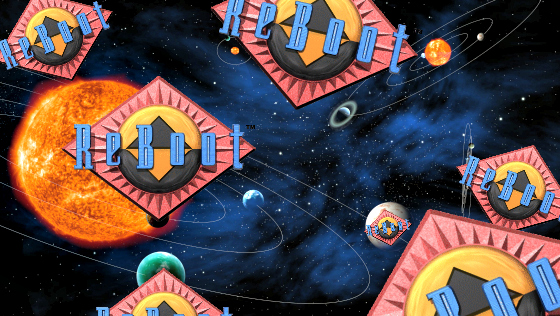 |
Nerd culture is, I have recently realized, as a bizarre crossroads. Over the course of the last five years or so – through the rather annoying trend of restarting, rebooting, and reimagining hot pop properties – we have begun abandoning the single dramatic concept that made nerd culture what it is today. We are losing our canon.
Worry not, dear reader. This is not going to be yet another whiny editorial about how remakes are inherently bad, and how Hollywood isn’t as creative as it could be/once was. We all feel the crushing uncreativity from Hollywood all the time, even if we enjoy the moves that fall under the purview of Marquee Value. I know that many people may enjoy most of the recent spate of reboots, ultra-franchises, sequels, prequels, interquels, spinoffs, and adaptations, even while acknowledging their banality.
No, I will not whinge and shake my fist here. I do that plenty elsewhere. What I am here to talk about – and to lament – is something far more specific. I am here to lament the passing of the notion of canon.
“Canon” is a magical word in nerd culture. In the modern pop ethos, “canon” typically refers to the way TV shows, movies, or other media has an ongoing story that the viewers may not be privvy to. I think Star Trek was the first pop media item (or at least the first pop TV show) to introduce this notion into pop culture. Star Trek took place in a universe that was larger than what we saw. We were given tantalizing hints that we weren’t seeing everything that took place on the Enterprise, and that there were entire worlds of aliens that we never got to see. As such, the show had strangely strong connective tissue from episode to episode. We could, after a while, picture a larger universe at work than the one that was merely being telecast.
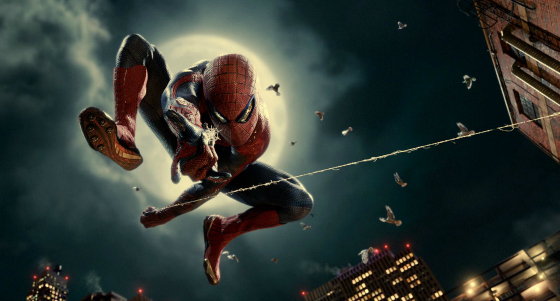 |
Canon soon became the central notion of all geek culture. Superhero comics began overlapping, showing that varied and distant characters operated within the same universe. And TV shows began focusing more and more on their settings and the mythology therein. It was essentially the Soap Opera approach. Everything had to interconnect, to expand, to develop a canon of events, rather than just a series of stories. This was especially important in TV shows, and in comic books. Movies, not so much, as they are (and continue to be, for the most part) stand-alone stories.
Starting in 2001, interconnectivity became one of the most coveted storytelling tropes in Hollywood blockbusters. Thanks to film series like Lord of the Rings and Harry Potter, both studios and audiences began to see that planning out entire film series in advance can be successful. Up until this point, most studios wouldn’t even utter the word “sequel” until a day after the original film had been released. It was considered bad luck. Nowadays, Disney is announcing upward of eight superhero movies at once, assuring the public that they do indeed have a plan. DC/WB, not to be outdone, does the same.
Canon, at least in the case of Marvel/Disney, is the central selling point of any new series. One film may be fine, but consider how much richer they will be when you see them all as part of a vast tapestry! Movies are essentially becoming single episodes of extended, unending TV shows, only with bigger budgets, and several months between each episode. Heck, even the canon of Universal Monsters is trying to get a giant series started with Dracula Untold. If the future movies are anything like that one, though, I dread the future.
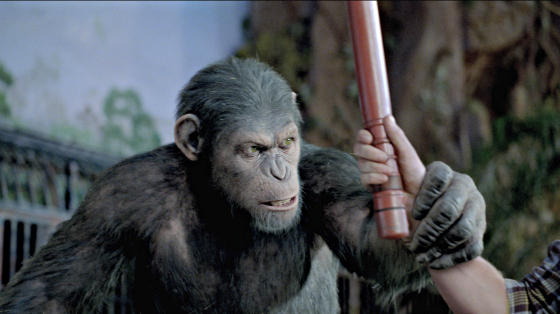 |
So we have canon, and people are thrilled. But there is an insidious counter-force at work. The reboot.
Director Neil Blomkamp recently announced that he intends to make a film that falls in line with the Alien series. Only he’s going to ignore Alien3 and Alien Resurrection. There is a new superhero movie in the works featuring Batman, only it’s a different Batman than we saw in 2011’s The Dark Knight Rises and 1997’s Batman & Robin. Disney is going to make a fifth Spider-Man feature film, only it will be a different Spider-Man than the one from 2007, and the one from 2014. We have a new myth with Planet of the Apes, with Godzilla, with just about any slasher movies. James Bond has had what they call “soft reboot,” which means certain elements carry over, but the central concept is new. and Terminator: Genisys is a reboot, I think. It’s hard to find the correct terminology anymore.
I find it ironic that remakes of genre classics from 20-30 years ago fetch the same audience as the films that focus so strongly on canon and expanded universes, as these concepts are fundamentally opposed. One is about the preservation of the timeline. About ensuring that the universe remain alive and consistent throughout. About survival of one central myth.
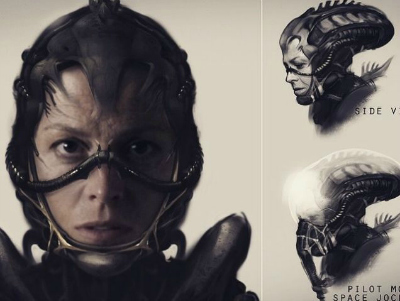 |
The other is about abandoning traditions, exploding old myths, and starting fresh with only a few common ideas. Remakes and reboots deliberately tear down the notion of canon, seeking to replace something well-worn and well-known with something hipper, faster, and fresher. Canon is traditional and conservative. Reboots are novelty-addicted and liberal.
Which is the better way to tell a story? When it comes to movies, the point may be moot on my end, as I have always been fond of the third option: The one-and-done movie. But since I can’t dictate Hollywood (this is not a democracy), I will fall on the side of canon. I would rather have one singular vision that remains consistent – even if it stretches on and on and runs the risk of growing stale – than several “official” versions of the same thing. I’ve always felt that reboots and remakes are interlopers in conversations about classic films. Canon, while a tricky ball to keep in the air, is at least going to have the advantage of growth.
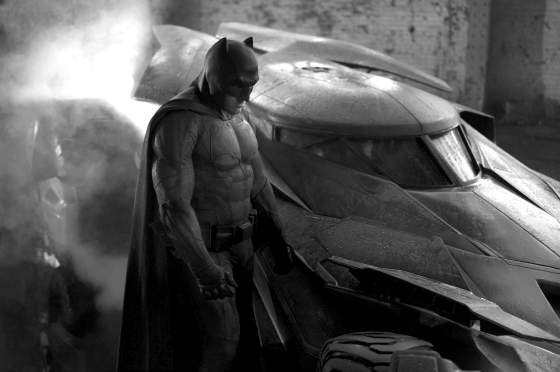 |
The Venn diagram of the two notions is going to intersect most obviously on the 28th of July, 2017, when the newly re-branded Spider-Man film hits theaters. This new Spider-Man will fall in with the ultra-powerful Disney Avengers canon, adding him to something that has now been carefully established for several years. But, at the same time, it will be the third version of Spider-Man seen on the big screen within ten years. The reboot-crazy thinking is, one might postulate, beginning to infect our canon. One can say the same of Batman, a character who retired on the big screen in 2011, but who is being resurrected in a whole new story for a 2016 film.
When canon and reboots begin to overlap, story, drama, consistency, and cogency begin to unravel. I think we need to be cautious about our memory. Nerds have a very selective memory when it comes to sequels, and they conveniently ignore certain films that don’t fit in with their accepted notion of canon. But we cant ignore this stuff. This is what Hollywood is doing in reaction to nerds. And if nerds want better movies, nerds need to be more accepting of consistency.
Also, it couldn’t hurt if we just had something new from time to time.
Previously by Witney Seibold:
TR’s 10 Worst Nerd Films of 2014
12 Reasons Why I Should Direct the Next Star Trek Movie
